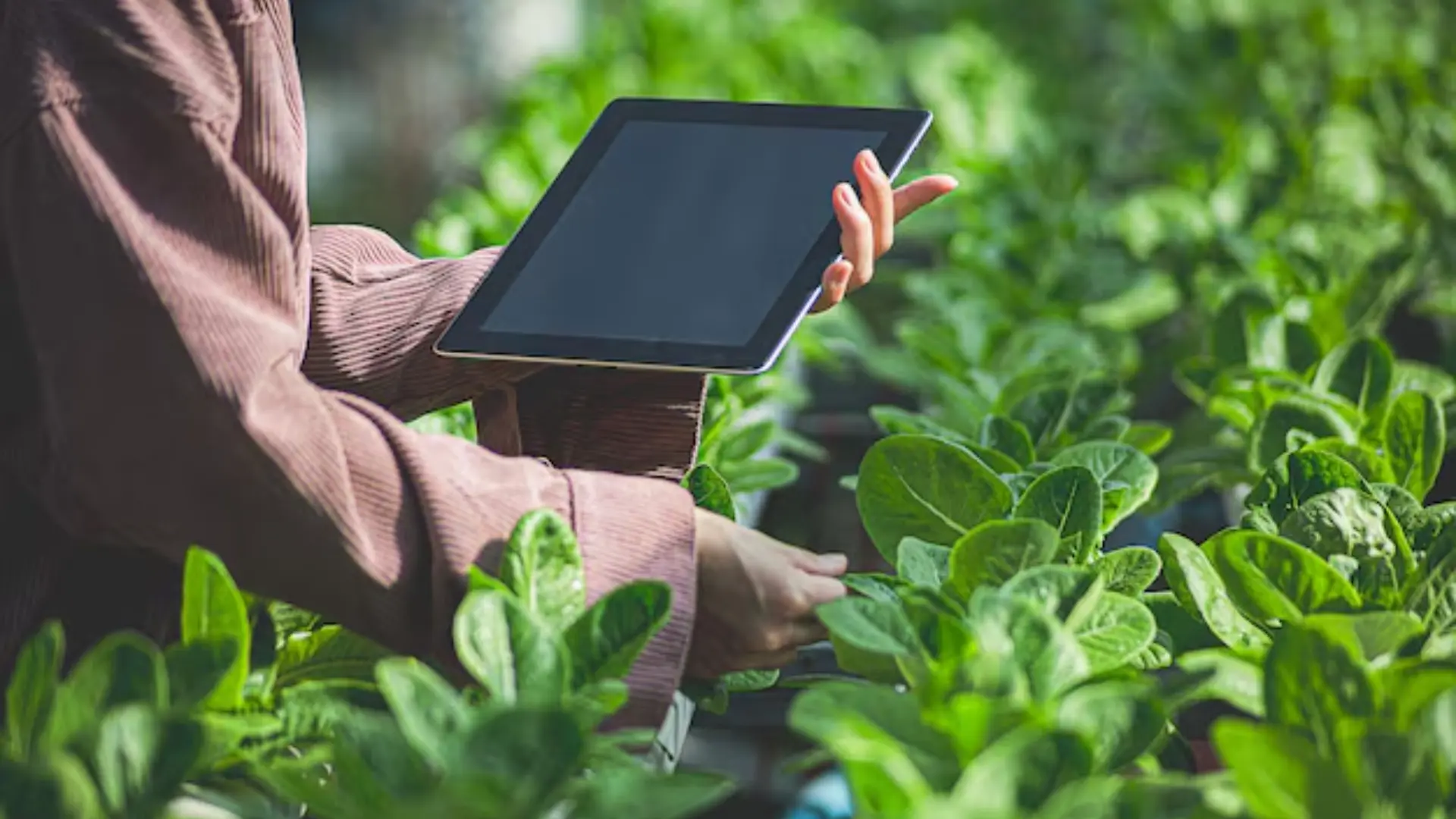
August 24, 2025

Sustainable farming has grown into an idea reshaping the agricultural industry in response to climate change, resource scarcity, and the increasing demand for food worldwide. Farmers and innovators are working on innovative solutions to maximize harvests, enhance soil health, and preserve essential resources. By combining time-honored practices with modern technology, these sustainable agricultural innovations let farmers and the environment coexist peacefully.

Companies such as Innovative Industries Group, Organic Works, and Nutes Nutrients offer products that promote plant growth while emphasizing environmental sustainability, demonstrating this advancement.
Sustainable farming enables growers to meet global agricultural demands sustainably through advances such as innovative nutrient regimens and converting organic waste into eco-friendly fertilizers.
In agriculture, "sustainable farming" means producing enough food and fiber to meet present demands without harming those of future generations. It promotes a stable agricultural ecosystem that is both environmentally conscious and socially responsible.
For what reasons is sustainable farming crucial?
Difficulties encountered by conventional farming techniques:
Farming sustainably guarantees a better world and prosperous food systems by solving these issues.
Nutes Nutrients Company's innovative, scientifically supported nutrient formulas are revolutionizing sustainable farming. Each product is designed to optimize plant health, enhance growth, and maximize yields at every stage of development. What services do they provide?
Microbooster is the foundation of the Nutes formula, providing:
Key Benefits:
Modern technology is revolutionizing sustainable agriculture, making it more innovative and efficient.
Precision Farming and Data Analytics
Automation and IoT in Farming
These innovations empower farmers to produce more with fewer resources, minimizing environmental impact.
Organic Works LLC, established in 2019, has redefined sustainable farming through its innovative approach to organic fertilizer. Organic Works provides organic and conventional farmers with high-quality agricultural supplies backed by a team of experts with more than 40 years of experience.
Turkey manure pellets from Organic Works are packed with essential macronutrients:
Additionally, these pellets provide calcium, sulfur, and magnesium to support soil health and plant vigor.
2. Benefits of Pelletization
The pelletized format ensures easy handling, precision application, and a cleaner farming environment.
3. Sustainable and Eco-Friendly
Organic Works' process recycles poultry waste, reducing environmental impact while supporting sustainable agriculture. Farmers can minimize reliance on synthetic fertilizers by using turkey manure pellets, thereby protecting water sources from harmful chemical runoff.
Water conservation is critical for sustainable farming, especially in water scarcity regions.
Effective techniques:
Comparison of irrigation methods:
Implementing water-saving techniques ensures sustainable food production while conserving this vital resource.
Innovative Industries Group's innovative BioSoil solutions are revolutionizing farming methods. These innovative microbial products result in higher agricultural yields, better soil health, and less environmental impact. The environmentally friendly BioSoil products are an excellent substitute for chemical fertilizers and have many uses, from flowering plants to hunting food plots.
As the global population continues to rise, innovative agricultural practices are essential to meet the increasing demand for food. Solutions like indoor vertical farming and precision agriculture are revolutionizing global food production, enabling more efficient use of limited resources while enhancing farm productivity.
Vertical farming, in particular, optimizes crop production by utilizing vertical space and controlled environments, reducing the need for arable land and water. Integrating sustainable practices boosts yields and minimizes the environmental impact of traditional livestock farming and crop cultivation. Together, these advancements pave the way for a more resilient and sustainable future in agriculture.
Sustainable farming is not just a trend but a necessity for the future of agriculture, helping to meet the growing food demands while preserving the environment. Companies such as Nutes Nutrients, Organic Works, and Innovative Industries Group are making significant contributions to the industry, leading to innovative solutions that will shape farming in the future. These innovations allow farmers to maximize output with little effect on the environment. They range from fertilizers rich in nutrients and organic waste recycling to water-saving methods and precision farming. Now that these tools and techniques are available, sustainable farming is not just achievable but is rapidly becoming the standard in contemporary farming.
Q1: What is sustainable farming, and why is it important?
A: Sustainable farming involves using methods that protect the environment, conserve resources, and ensure food security for future generations. It’s important because it reduces environmental impact, promotes biodiversity, and supports long-term agricultural productivity.
Q2: How does vertical farming contribute to sustainable agriculture?
A: Vertical farming maximizes space efficiency by growing crops in stacked layers. It can reduce water usage by up to 95% and eliminate the need for chemical pesticides, making it a key component of sustainable agriculture.
Q3: What role does precision agriculture play in improving farm productivity?
A: Precision agriculture uses advanced technologies like sensors, GPS, and data analytics to optimize resource use, enhance crop yields, and reduce environmental impact, increasing farm productivity.
Disclaimer: This material is for informational purposes only and should not be relied on for legal, medical, financial, or other professional advice.
Sources:
Wikipedia - Sustainable Agriculture
Science Direct - Precision Agriculture
United Nations Office for Disaster Rist Reduction - Soil Degradation